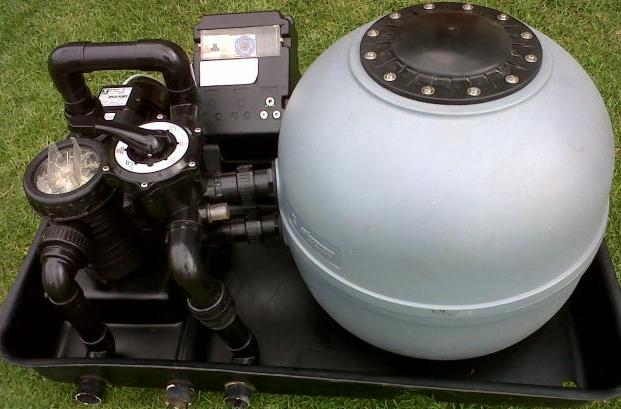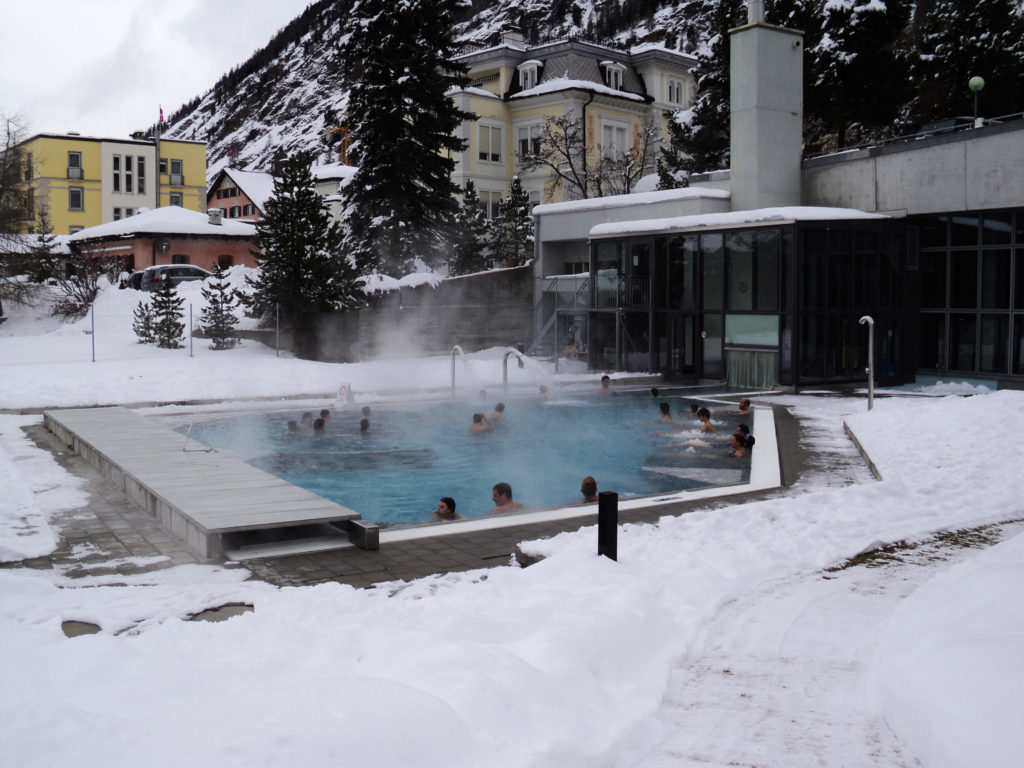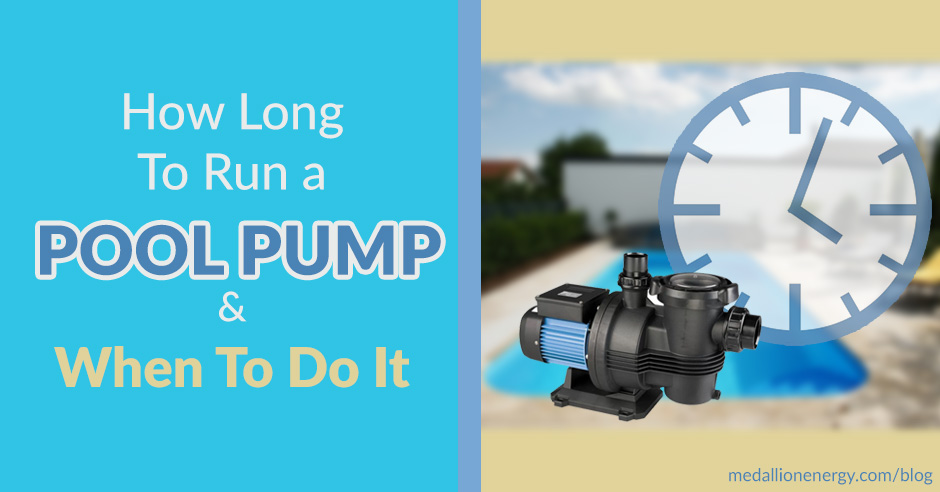Trying to figure out how long to run a pool pump, and when to do it?
Keep reading, the answer is in this post
You know what doesn’t get the credit it deserves?
Your pool pump.
As pool owners, we sometimes forget about these powerhouses that keep things running smoothly in the background. They circulate your water, distribute your chemicals, and speed up the heating process.
Without pool pumps, we’d be swimming in ice cold buckets of murky water. But thankfully, we don’t have to worry about that.
Of course, there’s always one question that seems to bounce around in the mind of pool owners everywhere:
How long do I run a pool pump?
It’s an important question, especially since good circulation is the key to having a clean and crystal clear swimming pool. Yet, there never seems to be a firm answer.
Why is that?
Well, that’s because there’s more than one answer. There’s the rule of thumb, and then there’s the amount of time that’s best for your specific pool system.
In this post, we explain both and share a few tips on how to make your pool pump more efficient. So if you want to learn how long to run your filter pump, and which time of day is best to do it at, keep reading.
How Long To Run a Filter Pump & The Best Time To Do It
How long to run a pool pump



As we mentioned earlier, the optimal pool pump runtime is a little different for everyone.
This is for two reasons: pump size and pool size.
That said, 8 hours is a good amount of time to run your pool pump in most cases. But the longer you can run it, the better.
Here’s why:
A pool pump takes a certain amount of time to fully cycle through all of the water in your pool once. This is known as a turnover rate, and it’s different for each pump.
On average, a pump’s turnover rate ranges from 6 – 10 hours. So, when you run your pump for at least 8 hours each day, you’re getting a bare minimum of one full cycle. Which is great.
But for those who want optimal filtration, 2 full cycles are best. And as you already know, the amount of time it takes for your pump to go through 2 cycles depends on your pump and pool size.
Fortunately, finding the most effective run time for your pool pump takes less than 5 minutes. Keep reading to learn how to do it.
How to calculate how many hours to run your pool pump
Calculating your pump’s most effective runtime only requires three numbers:
- Your pool pump’s flow rate (gallons per hour)
- Find this on the pool pump’s label, manual, or online product page
- The size of your pool (gallons)
Here’s how to calculate it:
Imagine your pump’s flow rate is 2,600 gph and you have a 10,000-gallon pool.
- Divide your pool size by your pump’s flow rate to find your turnover rate
- 10,000/2,600 = 3.8 hours
- Multiply your turnover rate by 2 to calculate 2 full cycles for your system
- 3.8 x 2 = 7.6
And that’s how you calculate the best pool pump runtime for your swimming pool. It’s that easy.
So now that you know how to do that, it’s time to learn how to boost efficiency. For starters, let’s talk about when you’re running your pool pump.
Best time of day to run a pool pump: Night or Day?



The time of day that you run your pump matters. To your pool and your wallet.
Here’s what we mean by that:
Most people run their pumps during the day, while they’re swimming. And that makes sense, there’s nothing wrong with that. What’s important is getting those 2 full cyles in.
Of course, there are a few factors to consider when running your pool during the day.
Without a cover on the pool, heat and water loss is at it’s highest during daylight. So if you’re running your pump and not using a cover, start now. It’ll save you money, reduce water loss, and improve heat retention.
But the question still remains:
What’s the best time of day to run a pool pump?
If you want the best water circulation at the lowest cost, run the pump at night.
Running your pump at night is the best time for a few reasons:
While it’s important to circulate your water at least a little bit during the daytime, running it at night is far more efficient.
Electrical companies charge less for energy use during non-peak hours, which is typically between 9 pm and before 8 am.
So to save and keep your pool looking clear, run the pump at night.
Of course, there’s a good chance that you might just be human every now and then and forget to turn on the pump before bed. Luckily, there’s a tool for that.
Automatic timers for running your pool pump
An automatic timer powers on your pool pump for you when you’re not around. And it does it based on either a pre-set time or temperature.
It’s the perfect addition to any setup, and great for busy pool owners.
But, if you’re around the house often, the next best thing is making a dedicated pool pump schedule
Pool pump schedule
IMG
The best way to keep your pump running consistently is by using a pool pump schedule.
A simple chart with each’s day start and end times written down.
It sounds unnecessary, but it makes a HUGE difference. Why?
Because knowing exactly what time of day to run your pump and when to stop it reduces decision fatigue immensely. And when you don’t have to think about it each and every time, you’re a lot more likely to follow through.
And it only takes a few minutes to make a schedule, but why make one when you can…download a free pool pump schedule at the end of this post.
The cost to run a pool pump
The cost of running a pool pump depends on the type of pump being used.
Each pump has a different voltage and amperage rating, which directly affects how much it costs to run it.
Moreover, pool pumps also have different speed capabilities.
There are single, double, and variable speed pool pumps.
By today’s standards, variable speed pool pumps are the most cost effective since they allow for a wider range of speed selection. And because of that, they’re essential to lowering your swimming pool bills.
Related: The 7 Best Ways To Lower Swimming Pool Bills By Up To 50%
If you want to know how to calculate the exact cost of running your specific pool pump, here’s how to do it:
- Find your pool pump’s voltage (found on pump label or in manual)
- There may be up to 3 different voltages listed. Each one corresponds to a different amperage. The highest voltage pairs with the lowest amperage, and the lowest voltage with the highest amperage
- Ex.) Pump voltage is 230
- Find your pool pump’s amperage rating(s)
- Ex.) Amperage is 9.3
- Multiply voltage by amperage to get total watts.
- Ex.) 230 x 9.3 = 2139 total watts
- Convert to kilowatts (kW) by dividing total watts by 1000
- Ex.) 2,139 total watts / 1000 = 2.13 kW
- Multiply kW by the numbers of hours you run your pump a day to get total kW
- Ex.) 2.13 kW x 10 hours = 21.3 total kW
- Multiply this number by your electrical company’s price per kW (found on your most recent electric bill)
- Ex.) 21.3 kW x $0.12 = $2.55 per day to run pump
How long to run a pool pump during the winter



Here’s an important question worth addressing before we wrap this post up:
How long should you run your pool pump during the winter?
Outdoor temperatures change drastically during the winter. For some, temperatures can be as mild as 70 degrees.
But for many others, especially those living in the northeast, winters can drop below freezing temperatures of 32 degrees.
So if you’re living in a climate with harsh winters, the last thing you want is your pool to freeze over.
Swimming pool freeze prevention made simple:
- Always keep your water warm and above freezing temperatures
- Close the pool
During the winter, expect to run your pump anywhere from 14 – 24 hours a day to prevent freezing temperatures. Or, as long as necessary to keep your water warm.
Related: 9 Ways To Prevent Pool Freeze Damage
Closing thoughts on how long to run your swimming pool pump
While running your pool pump for 8 hours a day is ideal, running it for 2 full cycles is even better. Longer filtration cycles mean cleaner water and better circulation. And now that you know how to calculate the best pump runtime for your pool, there’s nothing stopping you from having the crystal clear swimming pool you deserve.
Download your free Pool Pump Schedule below
If you liked this post, you might also like:


